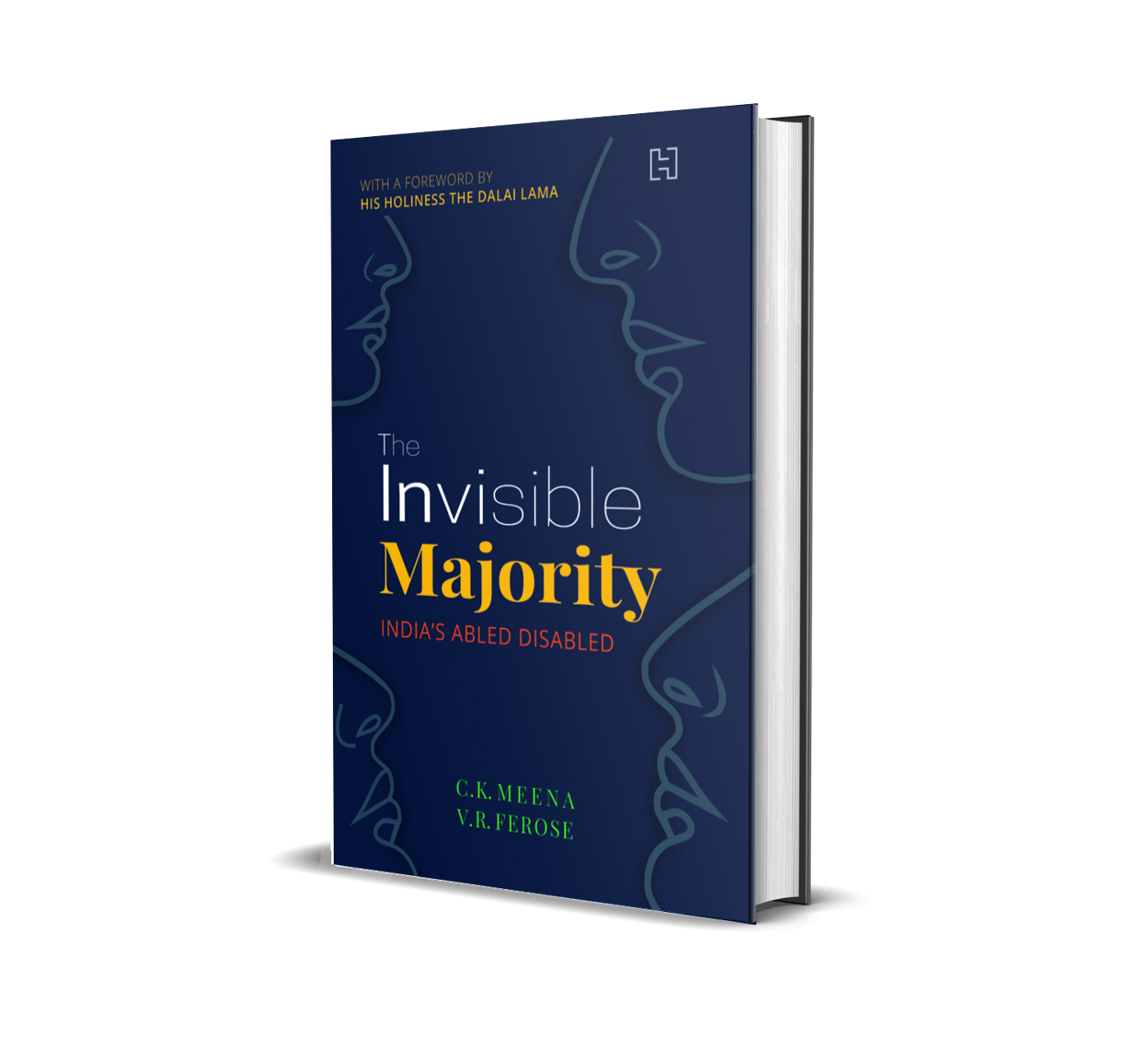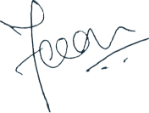Why I wrote “The Invisible Majority”

“This is a book about disability. Which means this is a book about all of us”
That’s the opening line of my new book The Invisible Majority: India’s Abled Disabled.
I am a sucker for good opening lines, and I am proud of this one. And I won’t take any credit for it — it was coined by my co-author CK Meena.
I am delighted to share the news of the release of my new book to be available on World Disability Day, 3 December 2021. You can pre-order the book here.
Let me share the story of why I wrote the book in the first place. When my son was diagnosed with autism in 2010, I thirsted for more knowledge and dug deep into sources of every kind — articles, books, YouTube videos, and networks of people around the globe. While there was no dearth of information, I found it to be heavily US-centric. For example, I discovered Temple Grandin’s seminal books on autism and Andrew Solomon’s soul-stirring book on disability, Far From the Tree, but I could not find a single book that would be helpful to a parent in India whose child had been diagnosed with a permanent disability. I wished that someone would write a non-academic book meant for the Indian reader that would encompass all aspects of disability from law, policy and social attitudes to healthcare, education, employment and independent living.
And then I thought: why can’t that someone be me?
Ever since 2010, I had been building personal connections with people in the disability sector in India, identifying many who had made pioneering, selfless and meaningful contributions to the welfare of persons with disabilities. Having spearheaded the India Inclusion Summit(IIS) since 2012, I also had a front row seat to some incredible stories around disability that broadened my understanding of the field. So I took the plunge in 2018 to start writing a book that would capture the whole spectrum of disability from cradle to grave. I built a structure for the book and knew who and what I wanted to include in it.
I also knew that I could not do this on my own. Being based in the US meant that I needed to find someone in India who could do the heavy lifting of travelling and interviewing people across India.
Finding CK Meena as my co-author was serendipitous. She was a world class journalist and had an old-world charm that I fell in love with — I believe she is at least 20 years older and 40 years wiser than me! I vividly remember our first meeting at SAP Labs in Bengaluru, having lunch together and white-boarding my vision for the book. We got along like a house on fire. I could see that she shared my purpose and passion for inclusion, and I knew at once that this book was going to be a reality.
It’s been three years since that initial meeting. We have spoken to each other every week, sometimes multiple times a week. Once the manuscript reached an encyclopedic 100,000 words we simply had to slam the brakes! I would not claim that the book is complete, but it is exhaustive, informative, and liberally sprinkled with stories and anecdotes.
There is always another layer of the subject waiting to be explored, and of course it is impossible to include all of the promising disability projects and initiatives in the country. But I would be happy if what we have written would energize at least one person whose hope was waning, and prompt at least one authority figure to act decisively on behalf of the disability community.
Getting a Foreword by His Holiness the Dalai Lama and an Afterword by the Vice President of India meant a great deal to us. We are grateful that they have chosen to embellish the book with their kind words.
I always felt there was an invisible hand supporting us in this endeavor. To give just one example, the COVID-19 lockdown started right after we had completed the final in-person interview, allowing us to spend the entire time in writing, editing and completing the manuscript.
This could easily have been a book about everything that India hasn’t achieved for disability. But while we have not held back from pointing out lapses and drawbacks, we chose to accentuate the change-makers. Hence, we decided to dedicate the book to Javed Abidi, the fiery disability activist who fought for the passage of the first disability bill in 1995 and the latest one in 2016. The change-makers also included numerous young social entrepreneurs whose stories we covered.
You might imagine that a book about disability would only appeal to a narrow readership. But that would be a mistaken impression because disability, like it or not, will touch all our lives at some point or the other. Disability is about all of us.

